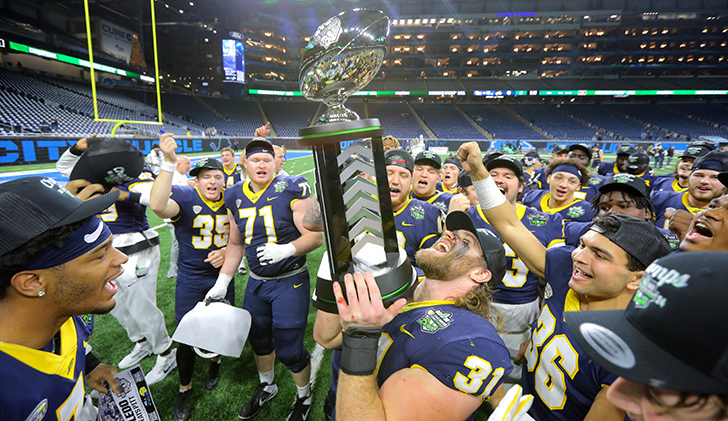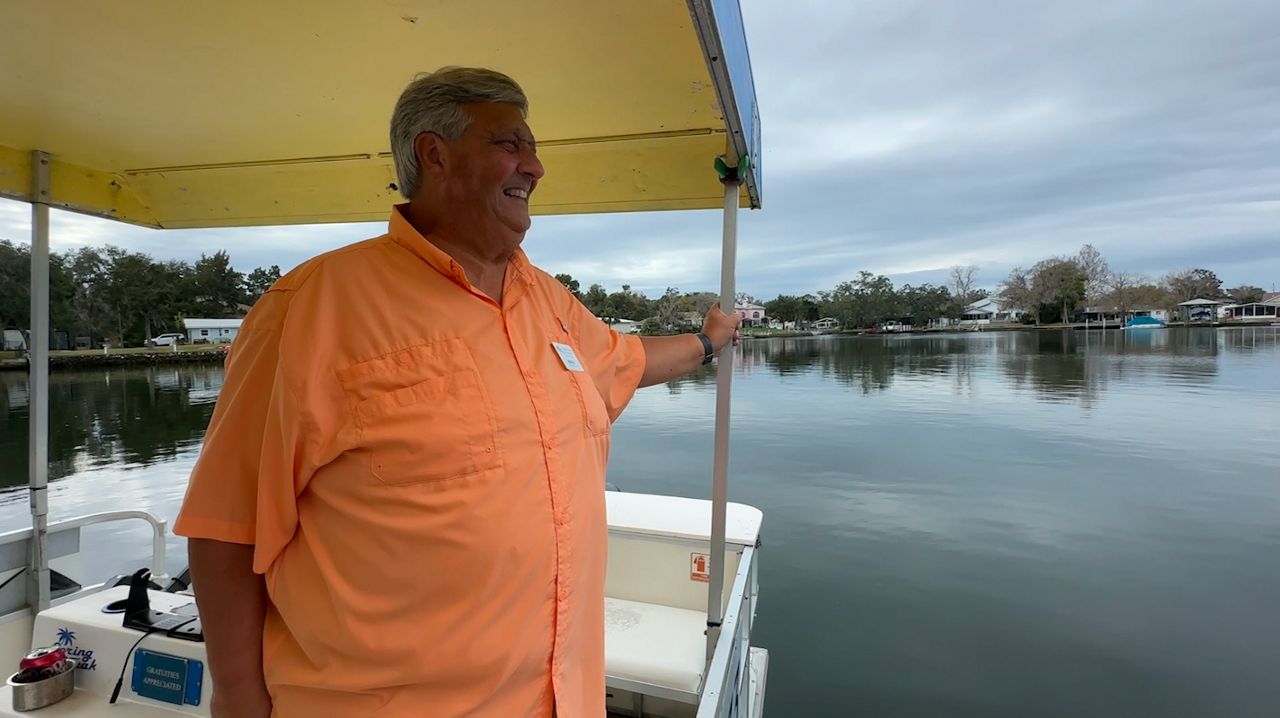Sports
North Carolina has wagered nearly $3B on sports. Who’s making the bets?

The vast majority of North Carolina adults say they have not placed a single sports bet since the state launched legal online sports betting in mid-March.
A new WRAL News Poll found that 64% of North Carolina adults are not betting at all, while less than one in 10 adults say they have bet five or more times. WRAL conducted the poll of 900 adults in connection with independent pollster SurveyUSA.
Sam Robles, a Raleigh elevator technician, said he has not placed a bet – and doesn’t plan to, either.
“Because it can be addictive, so I don’t want to get into that,” Robles told WRAL on Friday.
People in North Carolina have wagered nearly $3 billion in paid and promotional bets through the end of August, according to monthly revenue reports from the North Carolina State Lottery Commission.
Those bets are coming most frequently from younger men with children and with higher levels of income, the poll found. Among those who said they bet more than five times, the highest levels were found among urban men (17%), suburban men (14%), people aged 18-24 (14%) and 25-34 (11%), white males (11%), Black males (12%), registered Republicans (11%), parents (12%) and those earning more than $40,000 and $80,000 per year (11%).
Parents were much more likely to bet than those without children. More than 70% of respondents without children said they had never bet. Whereas, 51% of parents said they have never bet and the percentage of parents betting at each frequency in the survey more than doubled the percentage for non-parents.
Nearly three in four women have not placed a single bet and just 5% of women say they have bet five times or more.
The low percentage of high-frequency sports bettors is in line with other polls — and it matches how frequently North Carolinians said they would bet in WRAL’s poll from March. In that poll, 7% of respondents said they planned to wager frequently and 53% said they did not plan to bet at all.
“I do find that a bit surprising, especially, considering how much the gambling industry was advertising sports betting and offering the promotional wagers and all of that,” said John Rustin, president of the North Carolina Family Policy Council and a long-time opponent of legal gambling. “It’s encouraging to see that the numbers were, if they’re truthful, not higher than they were because that would certainly spell unfortunate circumstances for more people in the state.”
Eight sports betting operators were licensed to take bets beginning March 11 from adults located in North Carolina. In the first seven weeks, through the end of April, bettors wagered more than $1.3 billion in paid and promotional bets. In June, July and August, the amount wagered has slowed down with the sports calendar. A little less than $1.1 billion was bet during those three months.
With the start of football season in September, those betting totals are expected to rise considerably. Calls to the state’s problem gambling helpline have set monthly records as well.
Big support for casinos
A majority of adults in the state support allowing casinos to operate in North Carolina outside of tribal lands. The Eastern Band of Cherokee Indians have two casinos on tribal land in far-western North Carolina, while the Catawba Nation have one near the South Carolina border in Cleveland County.
In 2023, lawmakers considered a proposal to allow four casinos to be built in economically disadvantaged parts of the state as part of tourism districts. The proposal divided House and Senate Republicans and never came up for a vote in the statehouse. No similar legislation was introduced this year.
The poll found 55% either strongly or somewhat support allowing the operation of casinos outside of tribal lands compared to 31% who either somewhat or strongly oppose the idea. Another 14% said they were not sure.
State lawmakers could turn to gambling, including casinos and video lottery terminals, as North Carolina faces a potential decline in revenue as planned cuts in the personal income tax rate take effect through the end of the decade.
“Most North Carolinians seem accustomed to all forms of gambling, so supporting casino gambling in the state does not seem unusual,” David McLennan, director of Meredith Poll, told WRAL earlier this year. “We have the lottery and have just adopted online sports wagering in the state. Plus, many states, including those on the border of the state, now have casino gambling so even citizens who might have had objections to casino gambling 20 years ago might be resigned to the fact that all forms of gambling are inevitable.”
Men living in urban areas (44%) and Black men (43%) had the strongest levels of support among demographic groups. Support was largely consistent across partisan lines and age groups, though those older than 65 were the least supportive.
“What we find is that these casinos are not just standalone casino operations, but they’re massive developments that include hotels and restaurants and shopping space and entertainment centers, and so they’re much larger than what a lot of people are led to believe,” Rustin said, pointing to one just across the North Carolina border in Danville, Virginia. “They are sold a bill of goods that says that a casino is going to be a huge economic boon for the local economy. But what in fact happens is that these casinos, especially these massive casino developments, come in and compete directly with existing hotels and restaurants and other entertainment venues in those communities.”
The WRAL News Poll was conducted between Sept. 4 and Sept. 7 and has a credibility interval of 4.9 percentage points. A credibility interval is similar to a margin of error but takes into account more factors and is considered by some pollsters to be a more accurate measurement of statistical certainty.








